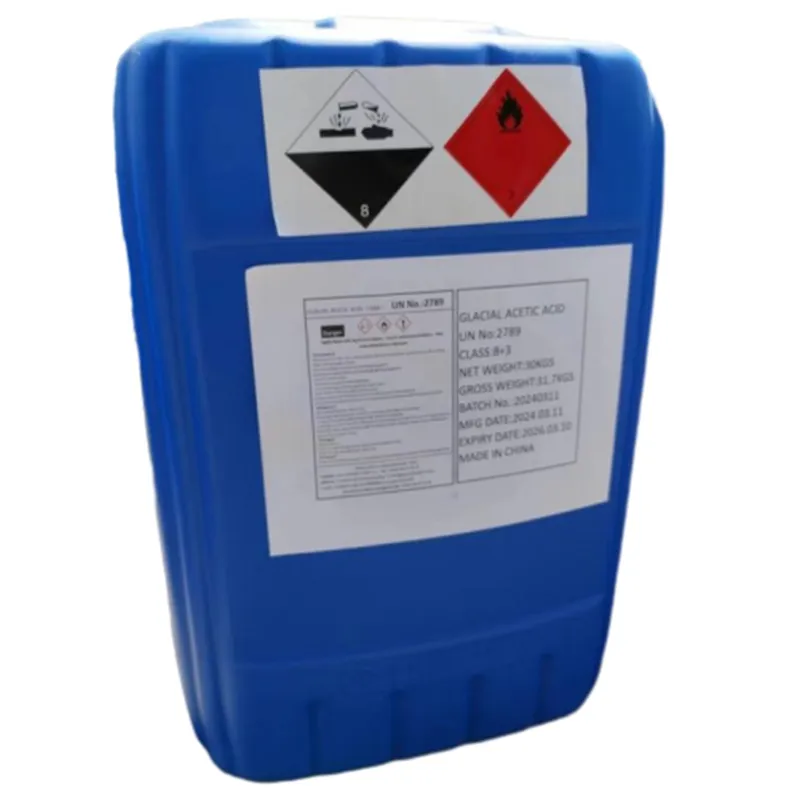
e160 food additive
Understanding E160 Carotenoids as Food Additives
Food additives play a crucial role in enhancing the quality, safety, and appearance of the foods we consume. One such category of food additives is natural colorings, which are increasingly preferred over synthetic options due to their safety and consumer demand for natural ingredients. Among these, E160, also known as carotenoids, is a significant additive derived from various sources that are widely used to give food a vibrant hue, particularly yellow and orange.
Carotenoids are pigments found in a variety of plants, algae, and some bacteria. They are responsible for the coloring of many fruits and vegetables, such as carrots, sweet potatoes, and pumpkins. Two of the most common carotenoids used in food products are beta-carotene and lutein. Beta-carotene, for instance, not only serves as a coloring agent but also acts as a provitamin A, which the body can convert into vitamin A, an essential nutrient for vision, immunity, and skin health.
Understanding E160 Carotenoids as Food Additives
The use of E160 as a food additive is generally recognized as safe (GRAS) by numerous health authorities, including the European Food Safety Authority (EFSA) and the Food and Drug Administration (FDA). Extensive studies have shown that carotenoids do not pose significant health risks when consumed within recommended dietary limits. Moreover, besides enhancing color, they may provide additional health benefits, such as acting as antioxidants that help combat oxidative stress in the body.
e160 food additive

Despite the numerous benefits associated with E160, it is essential to recognize the potential for allergies in some individuals. Though rare, allergic reactions may occur, particularly for those who are sensitive to specific plant sources or who consume products in high amounts. Manufacturers are thus encouraged to label products containing E160 to ensure consumer information and safety.
In the cosmetic industry, carotenoids from the E160 family also find significant application. They add vibrant colors to lipsticks, creams, and other cosmetic products, proving their versatility beyond food applications. The natural origin of carotenoids makes them appealing to customers looking for products with fewer synthetic chemicals.
Moreover, E160 is a prime player in the realm of functional foods, where manufacturers increasingly seek to fortify products with nutrients. For example, products that promote eye health often contain lutein, capitalizing on its role as a protective agent for the retina and support for overall eye health. Such enhancements not only meet consumer demands for healthy options but also help companies differentiate their products in a competitive market.
The rising popularity of plant-based diets has bolstered the use of natural food colorants, including E160. Many health-conscious consumers prefer foods that are minimally processed and free of artificial additives. This trend has prompted food manufacturers to explore the natural color palette offered by carotenoids, leading to more innovative and visually appealing products.
In summary, E160, or carotenoids, represents a natural and beneficial category of food additives that enhance the color and nutritional value of our food. Its safety, coupled with potential health benefits, makes it favored among consumers and manufacturers alike. As we continue to prioritize health and wellness in our dietary choices, the role of E160 in enriching both the aesthetic appeal and nutritional profile of food products is likely to remain prominent. The ongoing advances in food science and technology will further emphasize the importance of natural additives like carotenoids in developing innovative food solutions.
-
Understanding Synthetic Rubber OptionsNewsApr.27,2025
-
Trichloroisocyanuric Acid: Essential for Clean and Safe WaterNewsApr.27,2025
-
Sodium Dichloroisocyanurate: Key to Safe Water TreatmentNewsApr.27,2025
-
Sodium Acid Pyrophosphate: Essential in Modern Food ProcessingNewsApr.27,2025
-
Essential Water Treatment ChemicalsNewsApr.27,2025
-
Denatured Alcohol and Its Industrial UsesNewsApr.27,2025
-
The Versatile Uses of Sodium BicarbonateNewsApr.24,2025
Hebei Tenger Chemical Technology Co., Ltd. focuses on the chemical industry and is committed to the export service of chemical raw materials.
-

view more DiethanolisopropanolamineIn the ever-growing field of chemical solutions, diethanolisopropanolamine (DEIPA) stands out as a versatile and important compound. Due to its unique chemical structure and properties, DEIPA is of interest to various industries including construction, personal care, and agriculture. -

view more TriisopropanolamineTriisopropanolamine (TIPA) alkanol amine substance, is a kind of alcohol amine compound with amino and alcohol hydroxyl, and because of its molecules contains both amino and hydroxyl. -

view more Tetramethyl Thiuram DisulfideTetramethyl thiuram disulfide, also known as TMTD, is a white to light-yellow powder with a distinct sulfur-like odor. It is soluble in organic solvents such as benzene, acetone, and ethyl acetate, making it highly versatile for use in different formulations. TMTD is known for its excellent vulcanization acceleration properties, which makes it a key ingredient in the production of rubber products. Additionally, it acts as an effective fungicide and bactericide, making it valuable in agricultural applications. Its high purity and stability ensure consistent performance, making it a preferred choice for manufacturers across various industries.











